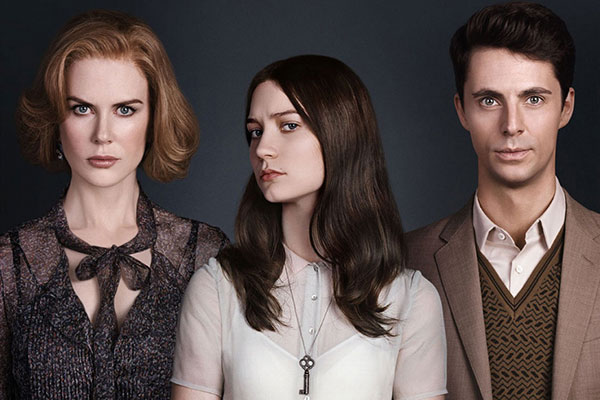Stoker
Director: Chan-Wook Park
Chan-Wook Park’s Korean films are beautifully pieced together masterpieces with brutally twisted elements. Stoker (2013) is his first attempt at an English-directed film. Do not judge Stoker through the strict lens of realism; rather, treat it as a cinematographic journey into Park’s twisted imagination.
This psychological thriller follows the story of the events that take place after India’s (Mia Wasikowska) father is killed in a car crash. Her charismatic uncle (Matthew Goode) mysteriously moves in with India and her mentally unhinged mother (Nicole Kidman). He is grippingly fascinating, and is driven by motives that simultaneously compel and frighten India. She becomes slowly infatuated, and heads inexorably down a path of brutality and unease.
Wasikowska’s performance is chilling, whilst Goode is easily in the same league as Patrick Bateman from American Psycho (2000). His cold, unhinged beauty is perfectly matched with that of Wasikowska; so much so that their hinted incestuous relationship doesn’t feel wrong, because it is only natural that people with such chemistry should be together.
I would recommend watching Stoker simply for the cinematography. It uses fragmented, new-age photography and paints the world with a gothic exquisiteness. The close-up is used to incredible effect: from a white flower being sprayed with blood to the spiraling smoke of a birthday cake’s candles, the technique is used with impeccable skill.
I enjoyed the way the narrative leads you blindly down a path you are not quite sure you want to travel. You don’t know how Park came to the final conclusion; you just know that he is tackling another social taboo. Just like a Hitchcock film, nothing is truly revealed and there is a constant feeling of unease in the air. However, the film took a bit too long to reach its climax, and the ending was a little unsatisfying.
Park’s Korean films have been bloodier and darker, but this hyper-visual film is the first touch of creativity I have seen in mainstream cinema in long time. It is excitingly refreshing.






